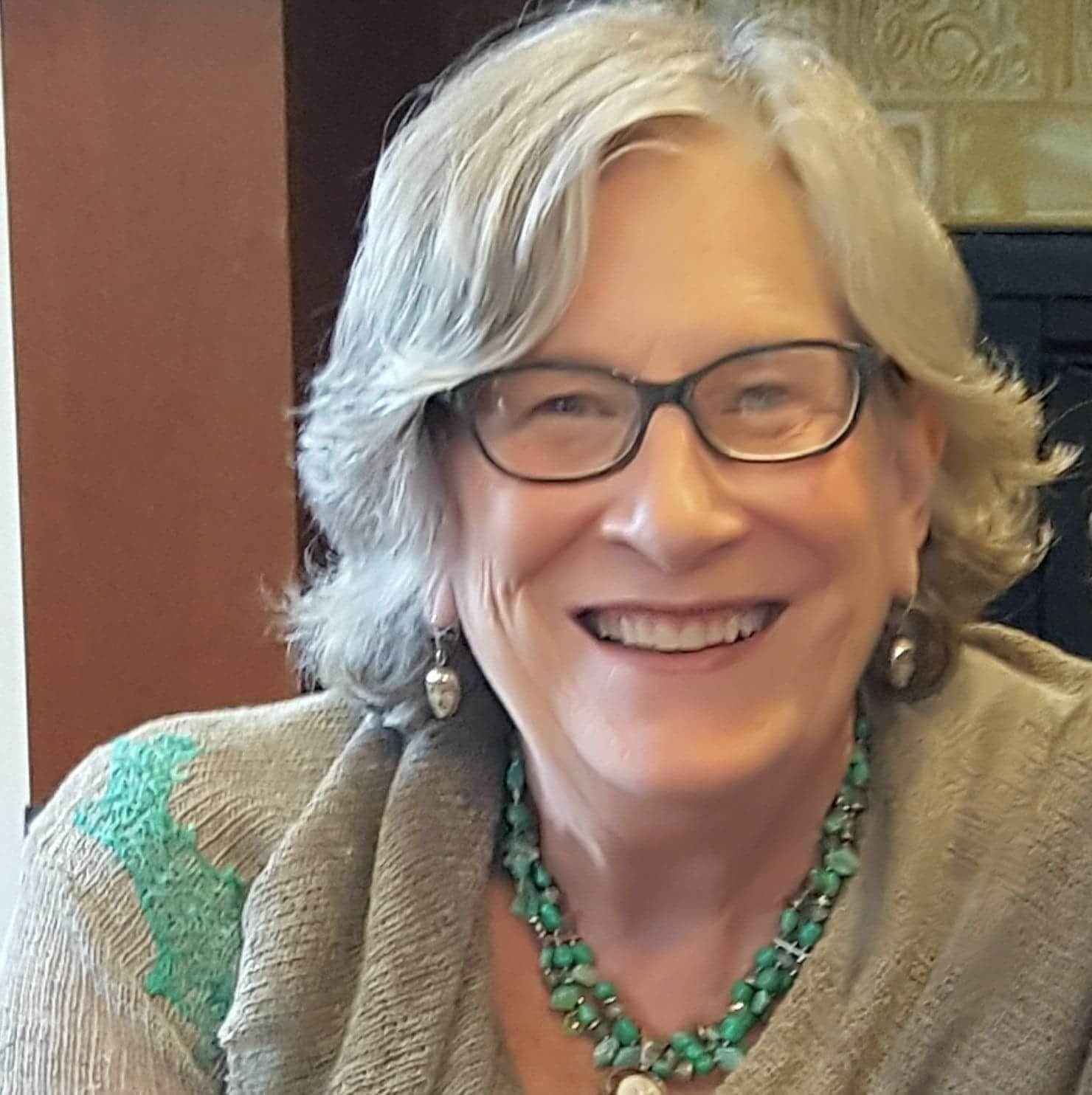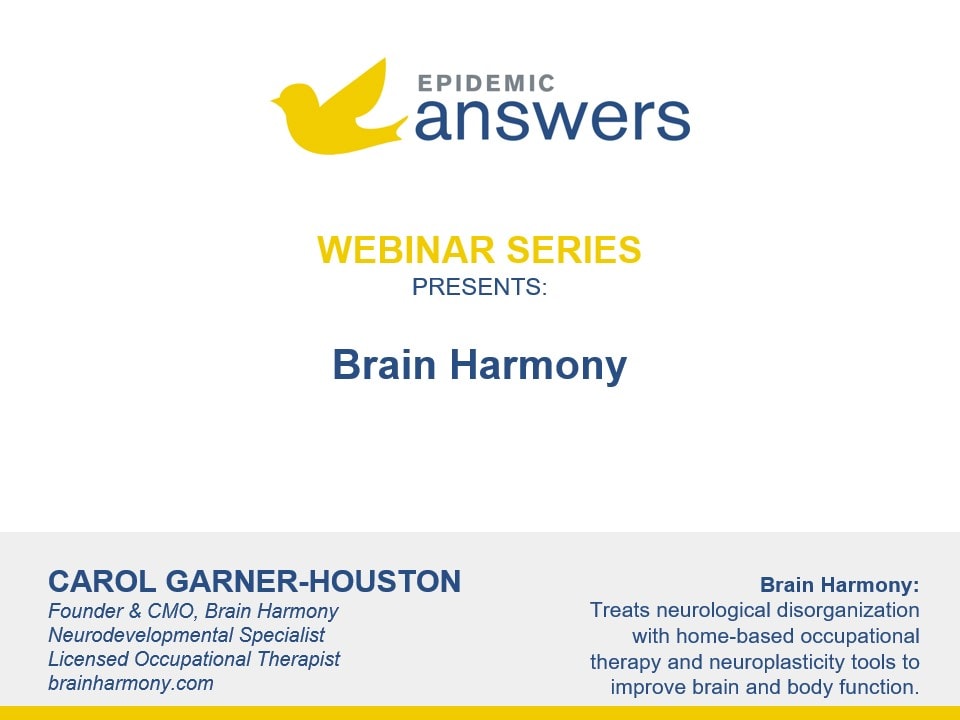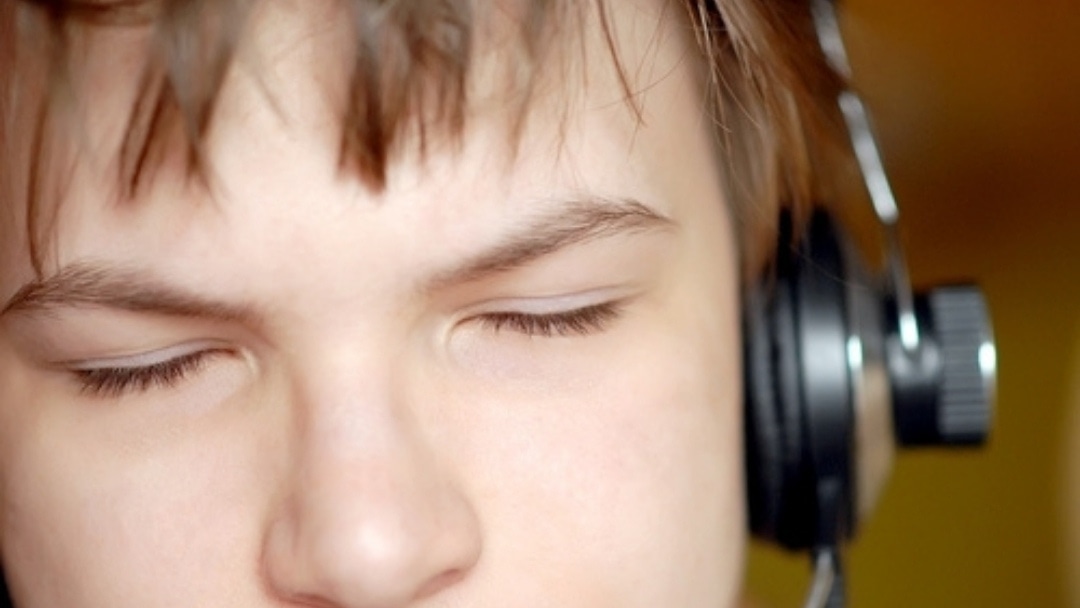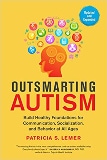This excerpt is provided with permission from the book “Outsmarting Autism: The Ultimate Guide to Management, Healing and Prevention” by Patricia S. Lemer
Sound Sensitivities
Many individuals with developmental and learning issues demonstrate problems with sound sensitivities. Both under- and over-responsivity to sound are common. Those who are hypo-responsive may “tune out,” and appear deaf at times. Others may be under-responsive and experience certain environmental sounds such as the humming of a fluorescent bulb as intolerable or even painful. Birthday parties, shopping malls, restaurants, sporting events and other gatherings can be particularly troublesome for them, because of the unpredictability of sound.
Distorted processing of auditory signals impairs the brain’s ability to focus on and give meaning to that which is heard. Inconsistencies in hearing the various frequencies of sound, or lack of synchronicity of the two ears, can result in behavior that is distractible, avoidant, hyperactive, inattentive or bizarre.
What Are Sound-Based Therapies?
Utilizing sound to facilitate bodily change is not new. For centuries, almost every culture on earth has developed methods using sound and song to heal. Unfortunately, many of these tools are associated with superstition and mysticism.
Today’s sophisticated computerized technology allows us to document what is happening in the body and brain, thus removing the mystery. Modern sound-based therapies include interventions that address auditory, listening, and vestibular issues. Some call sound-based therapies “listening therapies” or “auditory retraining therapies.” However, they are much more than “listening” to music or “retraining” the ear.
The term “sound-based therapies” embraces all components of the other terms as well as includes other therapies that utilize sound and vibration on the body, through special equipment, modified music, and/or specific tones/beats.
In the past 20 years, an increasing number of professionals from a variety of disciplines, including audiology, occupational therapy, psychology and speech-language pathology, are recommending, and have incorporated, sound-based therapies to improve the auditory, listening, and vestibular skills of children with autism spectrum disorders.
While some programs are designed to take place in a therapist’s office, others can be used at home, under a therapist’s supervision. Learn more about these therapies in Chapter 10 of Outsmarting Autism by Patricia S. Lemer.
About Patricia S. Lemer LPC MEd
Patricia S. Lemer is a licensed professional counselor, holding a Masters of Education in counseling and learning disabilities from Boston College and a Masters in Business from Johns Hopkins University. She practiced as an educational diagnostician for over 40 years.
She was a co-founder and served as Executive Director of the international non-profit organization Developmental Delay Resources (DDR). After DDR merged with Epidemic Answers, she became Chairman of the Board. When she retired from the board, she became an emeritus board member.

She is the author of three books, the most recent of which is Outsmarting Autism, Updated and Expanded: Build Healthy Foundations for Communication, Socialization, and Behavior at All Ages (North Atlantic Books, 2019).
Lemer wrote over 50 editorials for "New Developments," the quarterly newsletter of Developmental Delay Resources (DDR), from 1995 - 2009. When DDR wound down, she wrote an online blog, "After the Diagnosis, Then What?" from 2009-2017. Her articles and blogs have been updated and archived on the Epidemic Answers website.
Since 2019, Patricia Lemer has recorded a bimonthly podcast, "The Autism Detective." In these hour-long shows, she interviews parents and professionals about their experiences in maximizing the potential of individuals on the autism spectrum. Over 100 episodes are available on Spotify and other online platforms. To learn more, go to PatriciaLemer.com and OutsmartingAutism.com
Still Looking for Answers?
Visit the Epidemic Answers Practitioner Directory to find a practitioner near you.
Join us inside our online membership community for parents, Healing Together, where you’ll find even more healing resources, expert guidance, and a community to support you every step of your child’s healing journey.




